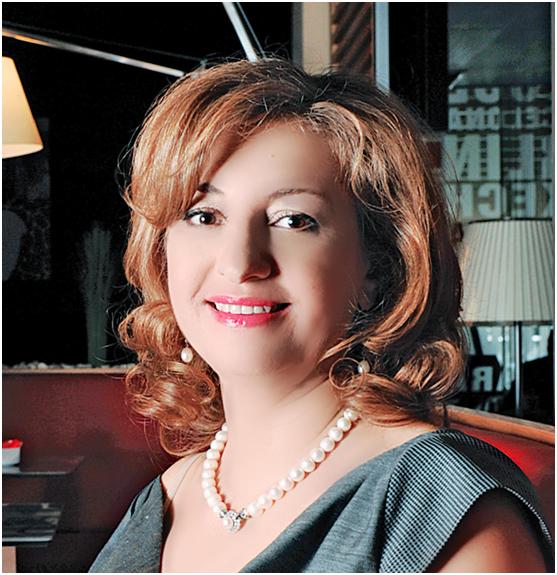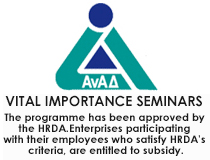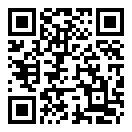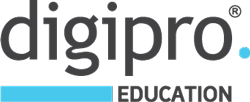Catalyzing Change: How ISTE Standards are Disrupting and Redefining 21st Century Global Education
Instructor
-
 Chryso ChristodoulouCEO – Founder
Chryso ChristodoulouCEO – FounderMrs. Chryso Christodoulou is the founder of FUNecole® Research Institute and the co-founder of Digipro Education Limited. Her academic background is in Computer Science and Education. She is the designer and author of the FUNecole® for Cambridge ICT Starters Initial Steps endorsed by University of Cambridge International Examinations and recognized best practice educational approach by the European Commission. Mrs. Christodoulou is an external educational expert for the Institute of Prospective Technological Studies (IPTS) on various educational research projects. She is a program committee member for the Institute of Electrical and Electronics Engineers’ (IEEE) Computer society. Mrs. Christodoulou participates as keynote speaker and panelist at numerous conferences, seminars and workshops around the world. Mrs. Christodoulou´s work has been published in scholarly and policy publications, such as IEEE Xplore and the European Parliament Magazine. She is a recognized as an entrepreneurship expert by OECD and is one of 350 European Ambassadors of Entrepreneurship.

Recent Participants

- The International Standards for Technology in Education (ISTE) Standards serve as a critical framework outlining the competencies required for learning, teaching, and leadership in the digital age. The standards are followed and used by thousands of schools worldwide. These standards provide a comprehensive roadmap for the effective integration of technology into educational systems across the globe, empowering teachers and learners to harness the potential of technology to enhance learning outcomes.
- By offering clear, actionable guidelines, the ISTE Standards ensure that technology is used not only efficiently but also in ways that transform learning environments into innovative, equitable, and impactful spaces.ISTE Standards emphasize the creation of high-impact, sustainable, scalable, and equitable learning experiences for all students, regardless of background or learning environment.
- The International Standards for Technology in Education (ISTE) Standards serve as a critical framework outlining the competencies required for learning, teaching, and leadership in the digital age. The standards are followed and used by thousands of schools worldwide. These standards provide a comprehensive roadmap for the effective integration of technology into educational systems across the globe, empowering teachers and learners to harness the potential of technology to enhance learning outcomes.
- By offering clear, actionable guidelines, the ISTE Standards ensure that technology is used not only efficiently but also in ways that transform learning environments into innovative, equitable, and impactful spaces.ISTE Standards emphasize the creation of high-impact, sustainable, scalable, and equitable learning experiences for all students, regardless of background or learning environment.

